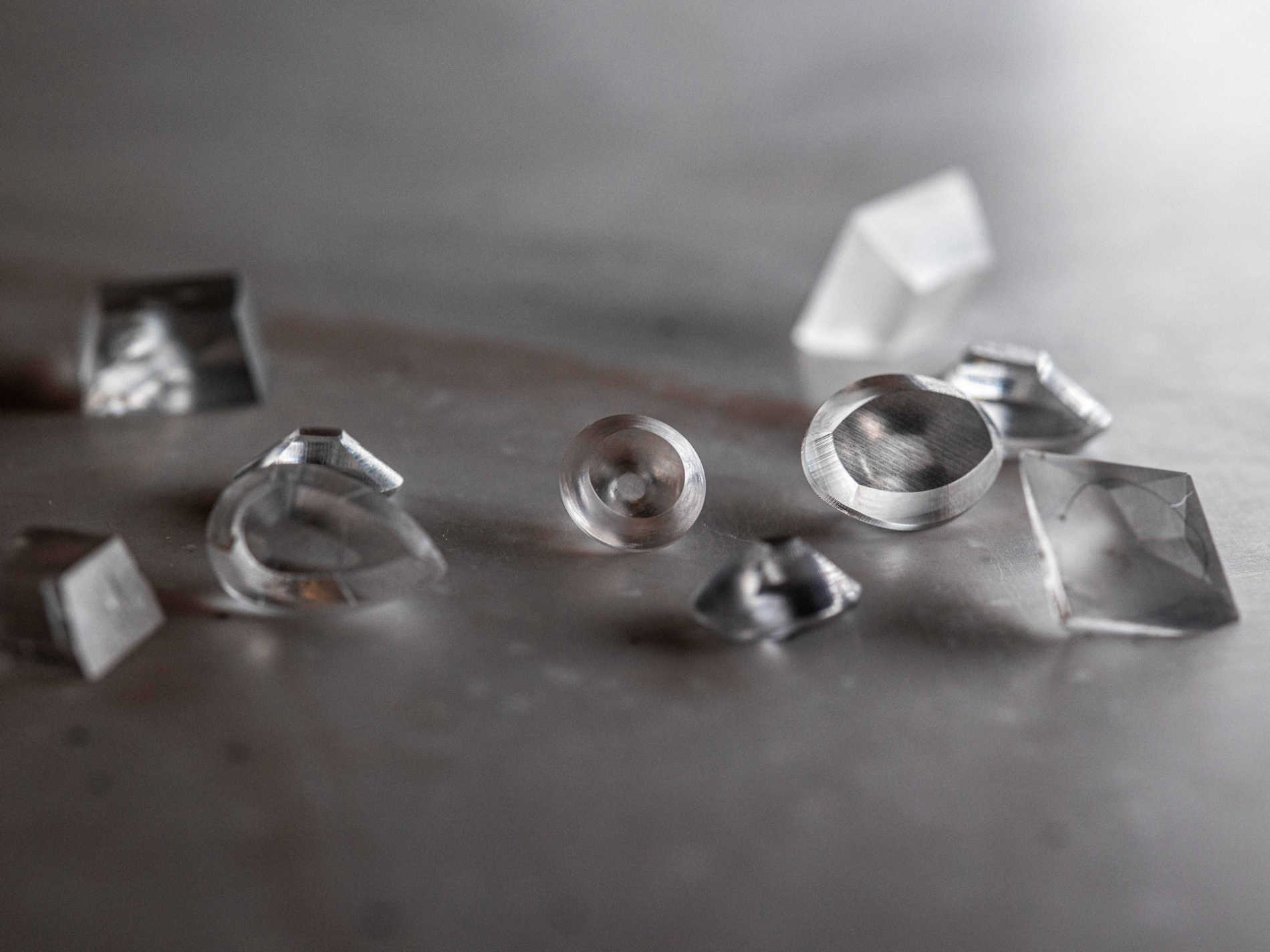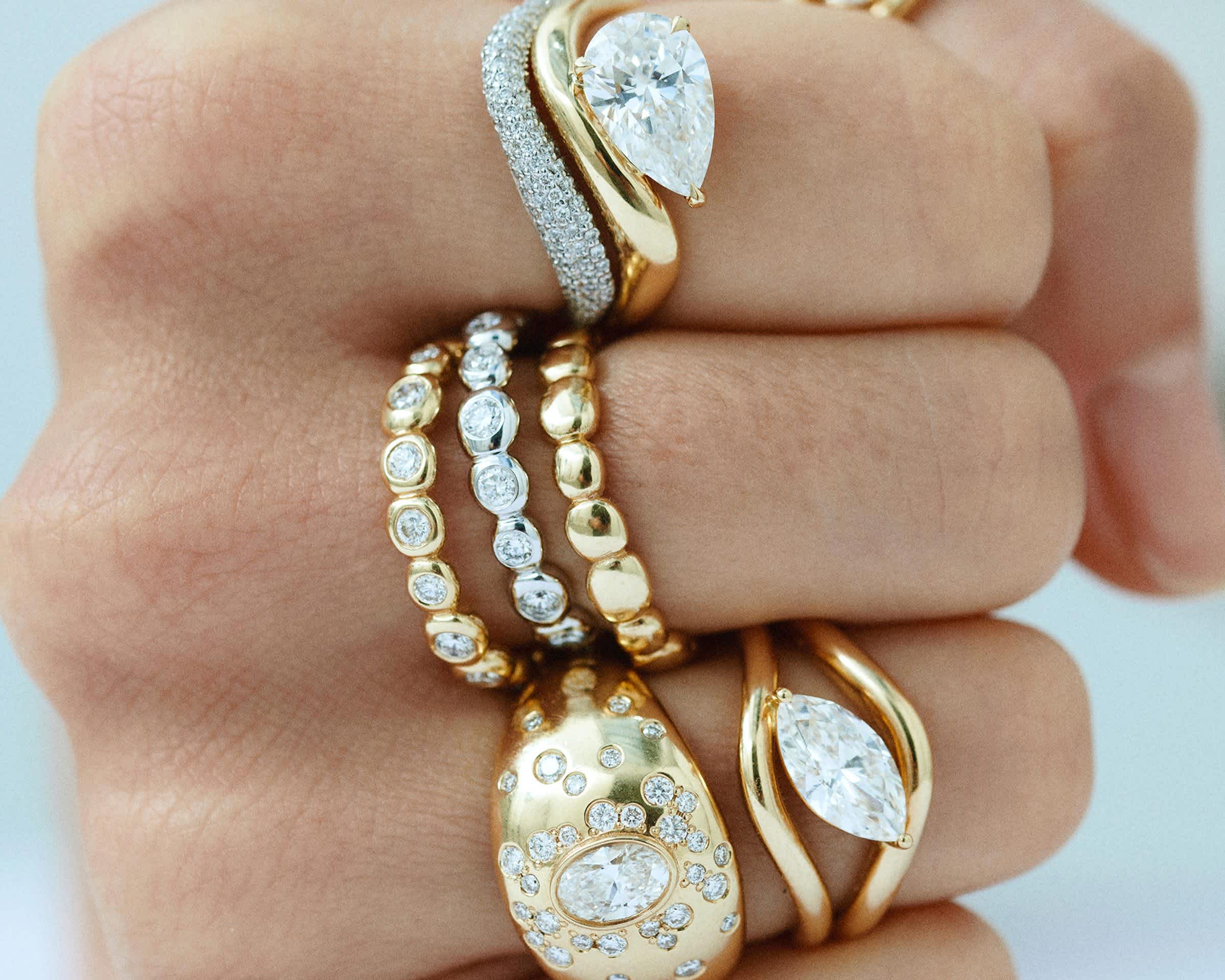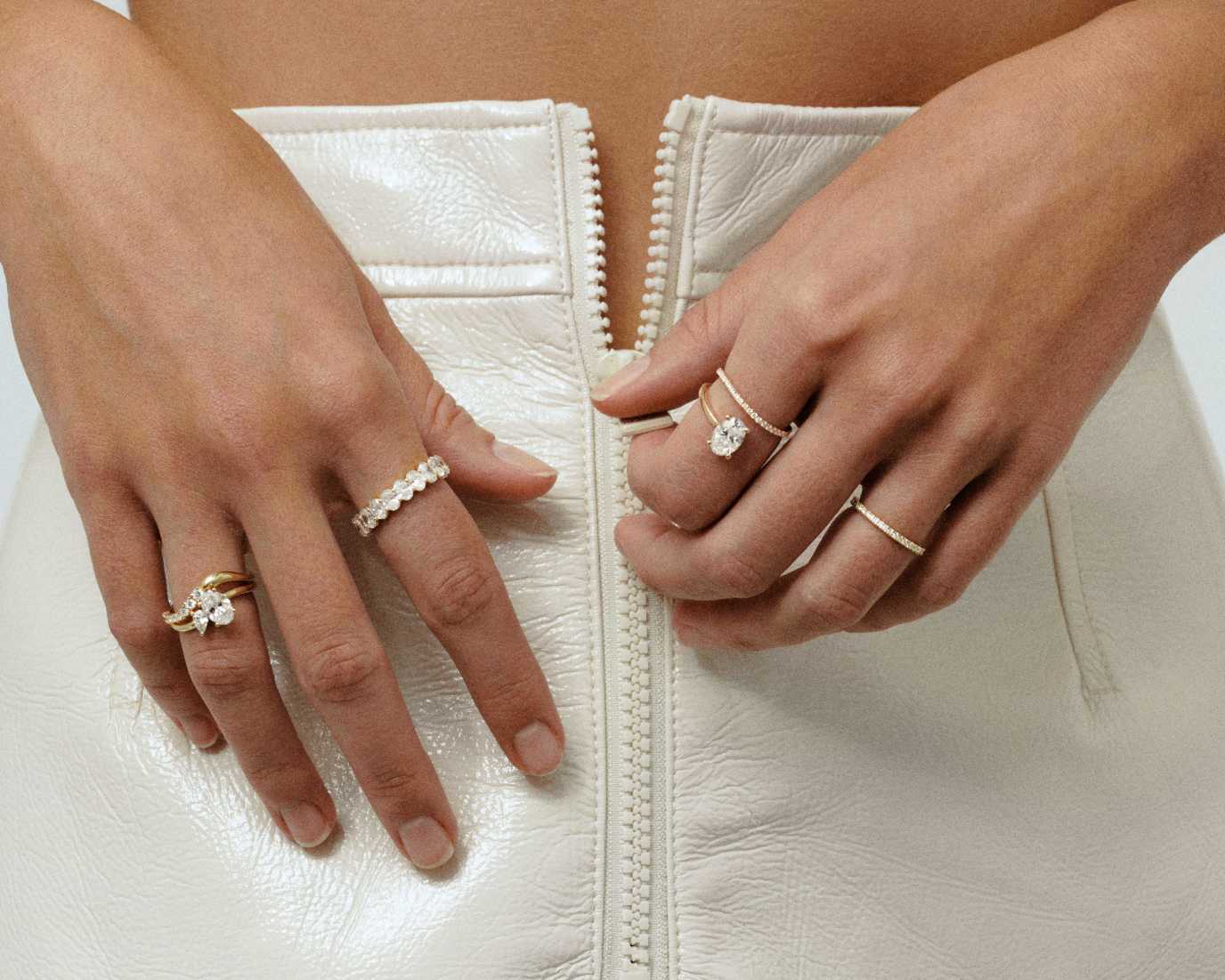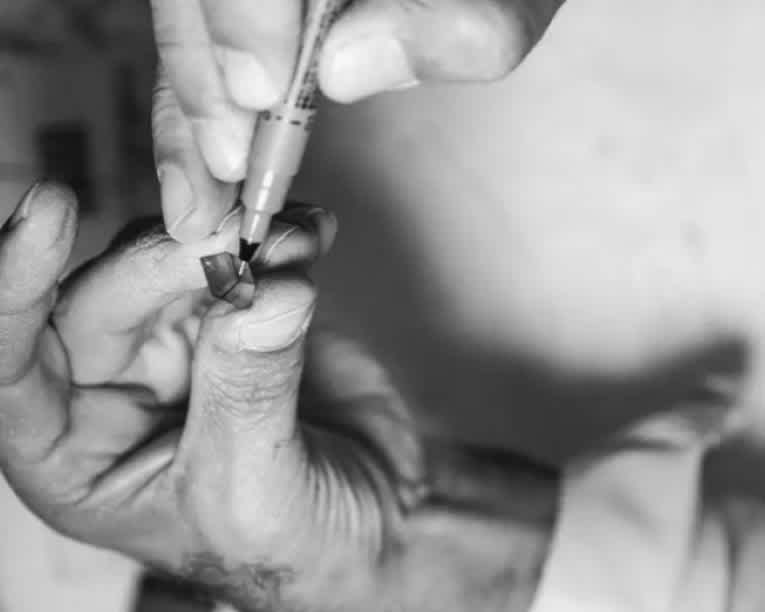Toute notre collection
Tous les bijouxNos BestsellersPièces Personnaliséescarte cadeau digitaleAlliances Bague JackiePar Catégorie
Boucles d’oreillesColliersBraceletsBaguesEar cuffsBracelets pour HommesBagues de FiançaillesAlliancesEducate
25 February 2021Lab diamonds: What Are They and How Are They Made
Lab diamonds are still a relatively new concept within the commercial market. We give you an insight into the man-made or manufactured diamond industry, including how they are made and all things you’d want to know when investing in a precious stone.

What are Lab Diamonds?
A diamond is made from a carbon seed. The seed reacts with high temperature and pressures, which start forming crystals. Lab diamonds are essentially man-made diamonds. Also known as cultivated diamonds, they are produced using advanced technological processes to create the same high temperature and pressure mixture you get underground, but in a controlled lab environment.
When Did Lab Grown Diamonds Become Normalized?
Even though it feels extremely advanced and modern that we can produce a diamond using technology in a lab, actually manufactured diamonds first appeared as early as the 1940s. But it was only in the seventies that gem-quality lab stones became accessible. When lab diamonds were first created, their primary use was for industrial purposes. Since the demand for man-made diamonds increased, they became used more and more commercially. Now lab diamonds account for around 2-3% of diamond engagement rings.
How Are Lab Diamonds Made?
By replicating the mining environment inside a lab, diamonds are grown that are identical to traditional mined stones, but without the social and environmental impact. A carbon seed is placed within a sealed chamber and is heated to around 800 degrees celsius. The chamber is filled with carbon rich gas, like Methane. The gases are ionized into plasma using technology similar to that of microwaves. The ionization breaks the molecular bonds in the gases and pure carbon adheres to the seed and slowly crystalizes to form a diamond.
Are They Real?
This is a question that’s often attributed to lab diamonds. Because the diamonds are man-made, people often mistake this process for meaning the diamonds are not real. In fact, diamonds that are made in labs are exactly the same as those formed over thousands of years in the ground. They just take much less time (around 4-6 weeks) to grow, as well as using less energy than used in mines. Not only do the two types of diamonds look the same, they are physically and chemically identical. Yes, even the random inclusions that make diamonds so rare – they also form in lab diamonds.
Do Lab Diamonds Come With a Certificate?
Yes, just like mined diamonds, a report from an independent diamond laboratory comes with our lab diamonds.
How do you tell the Difference Between Lab and Mined Diamonds?
You can’t tell a lab and a mined diamond apart with the naked eye. Not even a gemologist can. You would need specialist laboratory equipment to be able to tell the difference.
Can you get Colored Lab Diamonds?
Yes just like natural diamonds, labs can produce colored diamonds too. Though at Kimai we work with clear cut diamonds, unless of course it’s really special and we can source one through our bespoke service.
Are Lab Diamonds More Affordable?
Lab diamonds are luxury goods. However due to the rarity of diamonds in the ground and also the costs associated with mining extraction, lab diamonds tend to be a more affordable alternative. This can mean up to 50% larger diamond for your spend.
Are They Sustainable?
Lab diamonds are not extracted from the ground and therefore do not disrupt the natural process. The production of lab diamonds uses considerably less energy than required for mines and are also free of conflict, making lab diamonds socially ethical too.
Learn more about Kimai's lab grown diamonds in our Learn Pages.















